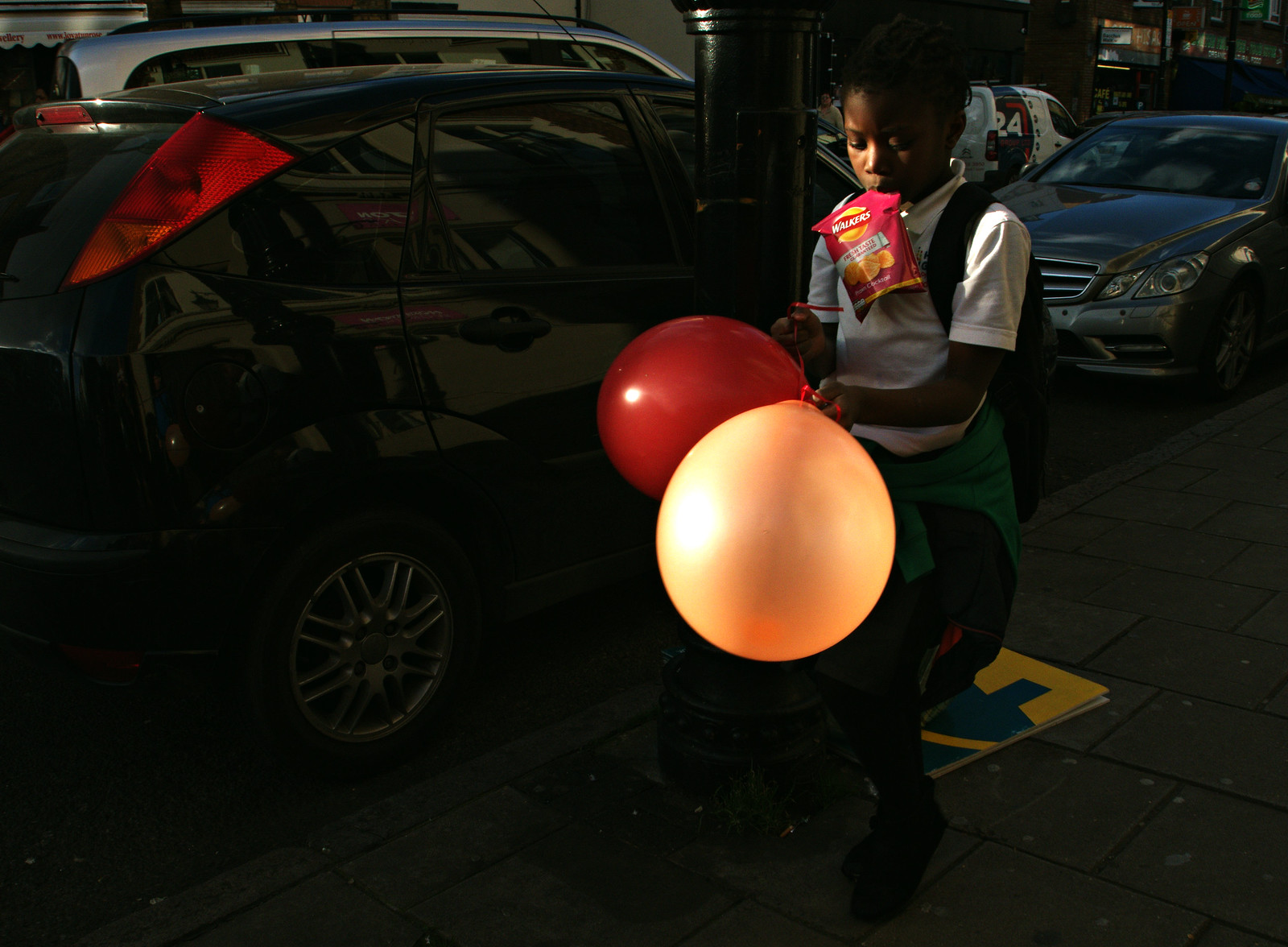
GAZA STRIP - A Palestinian boy plays with a donkey outside his family's
makeshift home in the Khan Yunis refugee camp. Photo @MahmudHams: image via Frédérique Geffard @fgeffardAFP, 20 April 2017

"Tank man" cousin -- Caracas. [Juan Barreto AFP] Photo @GettyImages @CNNPhotos of the week: image via Reading The Pictures @ReadingThePix, 21 April 2017

#Iraq Iraqis help transport a wounded man lying on a wooden cart in west Mosul during #MosulOffensive @tofsimon #AFP: image via Frédérique Geffard @fgeffardAFP, 22 April 2017

#Venezuela
Demonstrators clash with the riot police during a protest against
Venezuelan President Nicolas Maduro, in Caracas. Photo @rschemidt: image via Frédérique Geffard @fgeffardAFP, 21 April 2017

GAZA STRIP - Gaza's sole power plant runs out of fuel. Photo @mohmdabed: image via Frédérique Geffard @fgeffardAFP, 21 April 2017

SYRIA - Syria evacuees on move again after 48-hour delay. Photo George Ourfalian: image via Frédérique Geffard @fgeffardAFP, 21 April 2017

#Iraq Children from west Mosul receive aid packages from volunteers on
the eastern side during #MosulOffensive Photo @tofsimon #AFP: image via Frédérique Geffard @fgeffardAFP, 21 April 2017

SYRIA
- A man flattens bread dough using a leftover rocket in the rebel-held
town of Douma, near Damascus. Photo @SameerAlDoumy #AFP: image via Frédérique Geffard @fgeffardAFP, 21 April 2017

WEST
BANK - A Palestinian protester throws rocks towards Israeli forces
during clashes in the West Bank village of Beita. Photo Jaafar Ashtiyeh: image via Frédérique Geffard @fgeffardAFP, 21 April 2017

OTD
in 1952, an atomic test in Nevada became the first nuclear explosion
shown on live network television as a 31-kiloton bomb was dropped: image via AP Images @AP_Images, 21 April 2017

#India Indian men catch fish in the River Yamuna in New Delhi. Photo
@Money_Sharma: image via Frédérique Geffard @fgeffardAFP, 21 April 2017

#Bulgaria People commute in a tram during a cold and wet day in Sofia. Photo @dilkoff: image via Frédérique Geffard @fgeffardAFP, 21 April 2017































Samuel Johnson hated being alone. So from middle age onward, and particularly after the death of his wife Elizabeth in 1752, Johnson shared his house with a number of people, a group that included (at various times): Francis Barber, his Jamaica-born servant; Anna Williams, a blind poet who served as housekeeper and habitually stayed up to drink tea with Johnson before he went to bed; Elisabeth Desmoulins, the daughter of Johnson’s godfather who had been a companion to his late wife; and Poll Carmichael, a Scottish-born woman who may have been a prostitute. It was an odd group, united largely in their dependence on Johnson and their mutual dislike of each other, but collectively they maintained Johnson’s household and kept him company.
ReplyDeleteThe longest-standing member of Johnson’s household was Robert Levet (1705-1782), who had a room in Johnson’s house for decades, perhaps starting as early as the late 1740s. What we know of Levet comes primarily from Johnson’s literary friends, who generally found their friendship to be an odd one. Levet was not formally educated, and was by all accounts fairly uncouth; scarred by smallpox, he was physically unattractive as well. James Boswell quoted Johnson as saying that “Levet is a brutal fellow; but I have a good regard for him, for his brutality is in his manners and not in his mind.” Johnson admired Levet’s piety and generosity. Levet had spent some time in Paris, where he waited tables at coffeehouses frequented by physicians. He got interested in medicine; he listened in on conversations and attended some lectures. Upon his return to London in the 1740s, he set up a medical practice among the poor, which he continued to his death. Johnson remarked that Levet’s patients often had nothing to pay him with but some gin, so he sometimes came home quite drunk after making his rounds; “perhaps the only man,” Johnson said, “who ever became intoxicated through motives of prudence.”
After Levet died of an apparent and unexpected heart attack in January 1782, Johnson wrote this moving elegy for his friend. Johnson never intended this poem for the press, but the manuscript made its way to the Gentleman’s Magazine, which published it in August 1783.
-- The Virginia Anthology
"The power of art without the show"---No better compliment than that.
ReplyDeleteThanks, Terry. I'm always touched by Johnson's affection for this otherwise obscure man, of whom, without the poem, nothing at all would be known.
ReplyDeleteThe highest function of poetry, to keep the memory green.
Becky Frances' wonderful photos were taken in streets Dr Johnson and Dr Levet may have once walked...